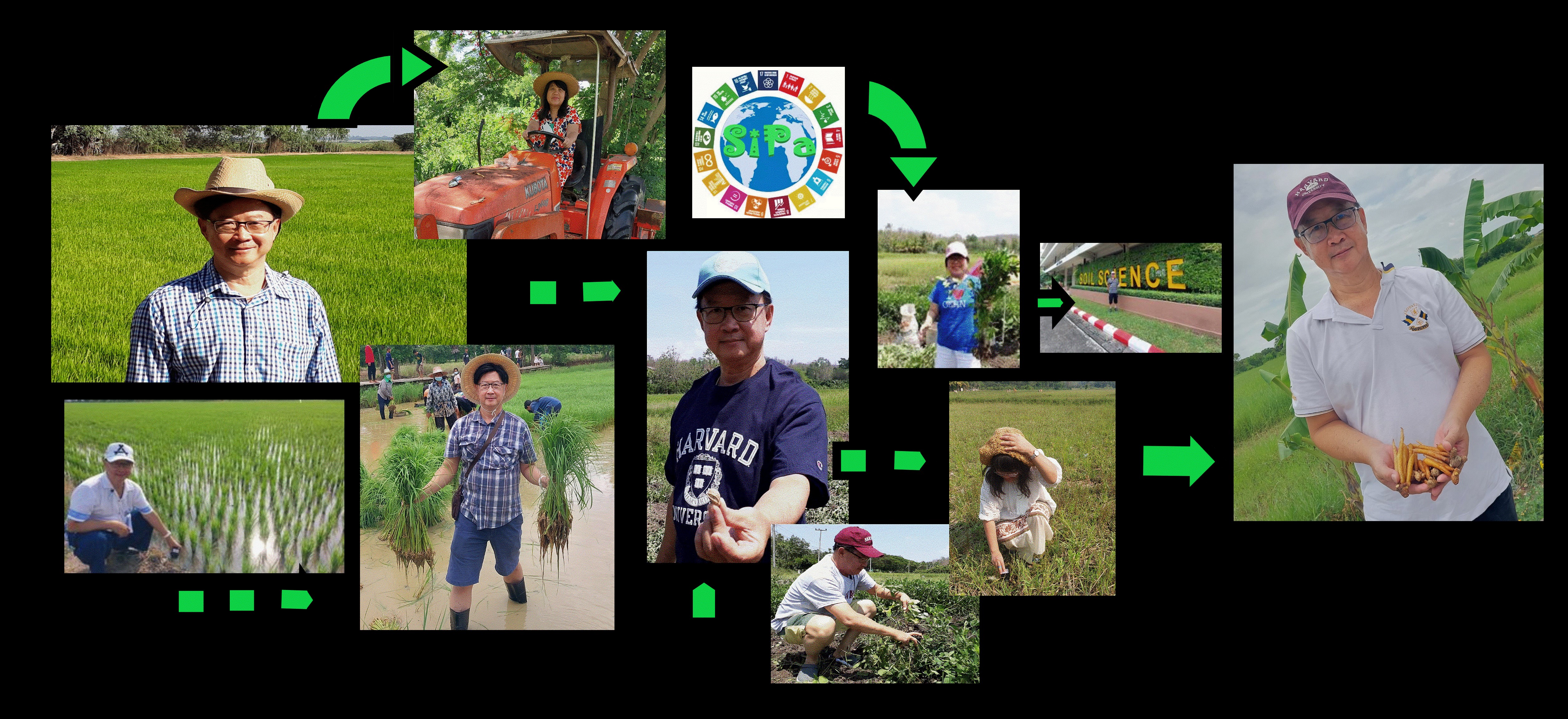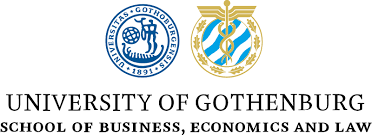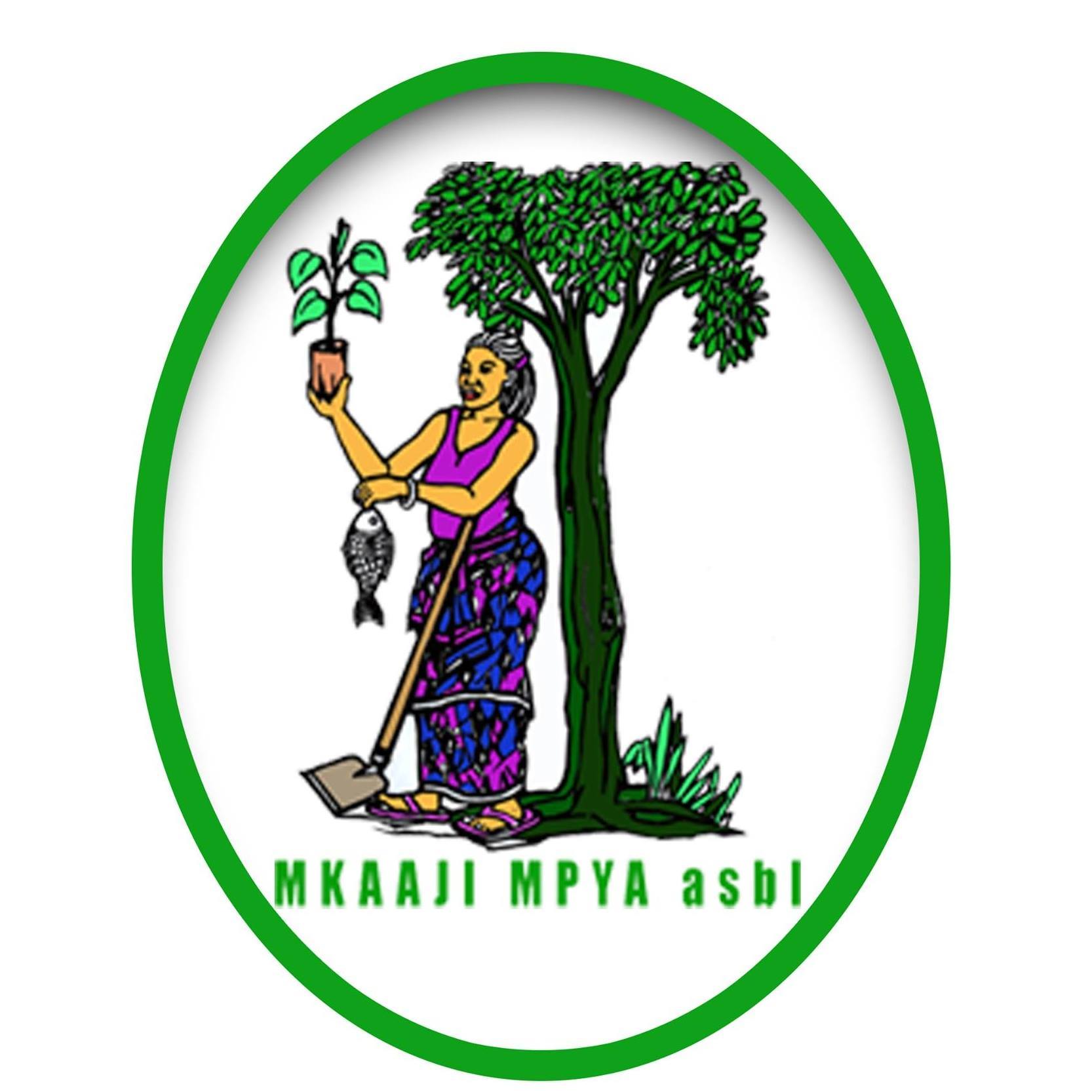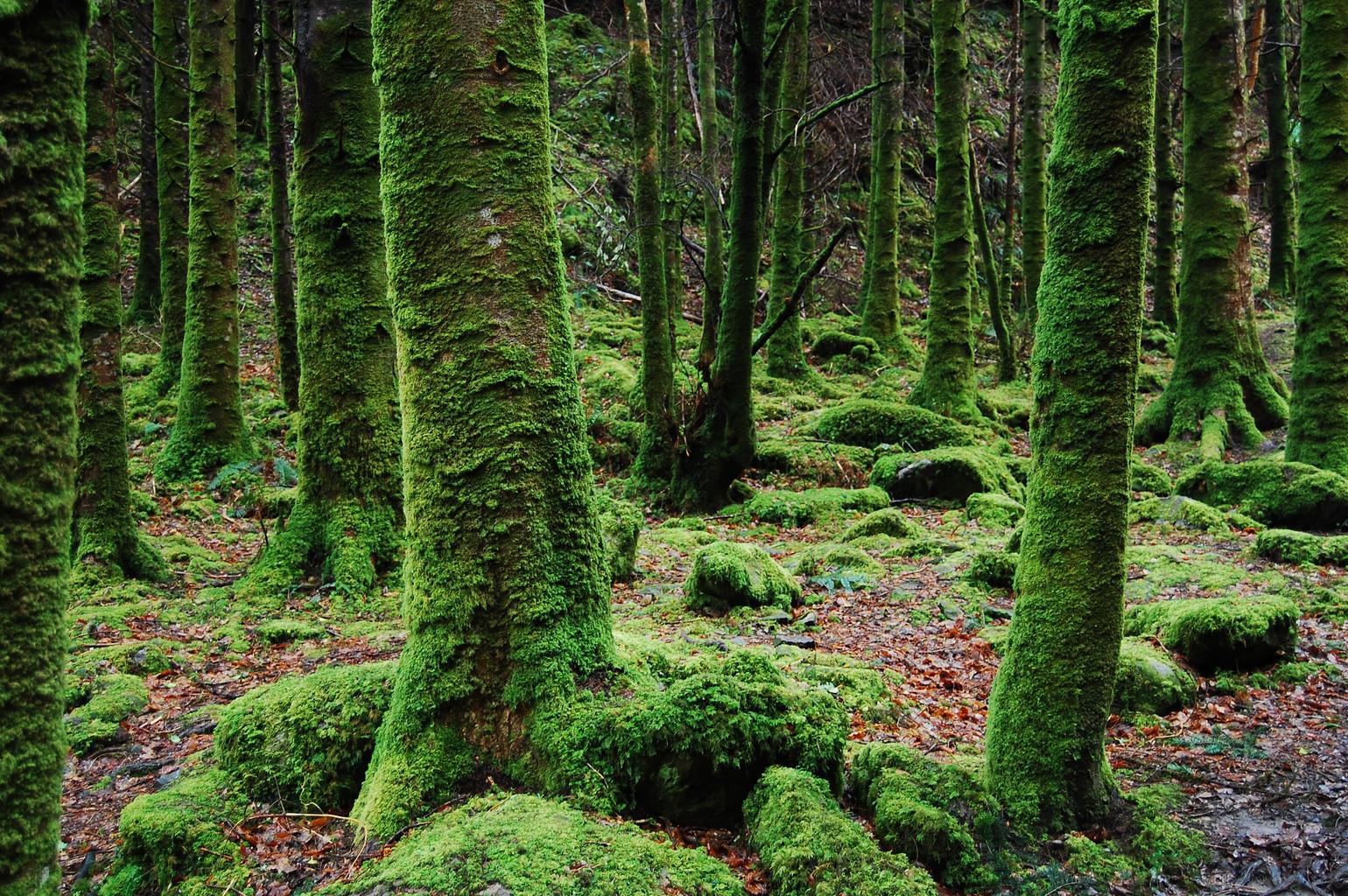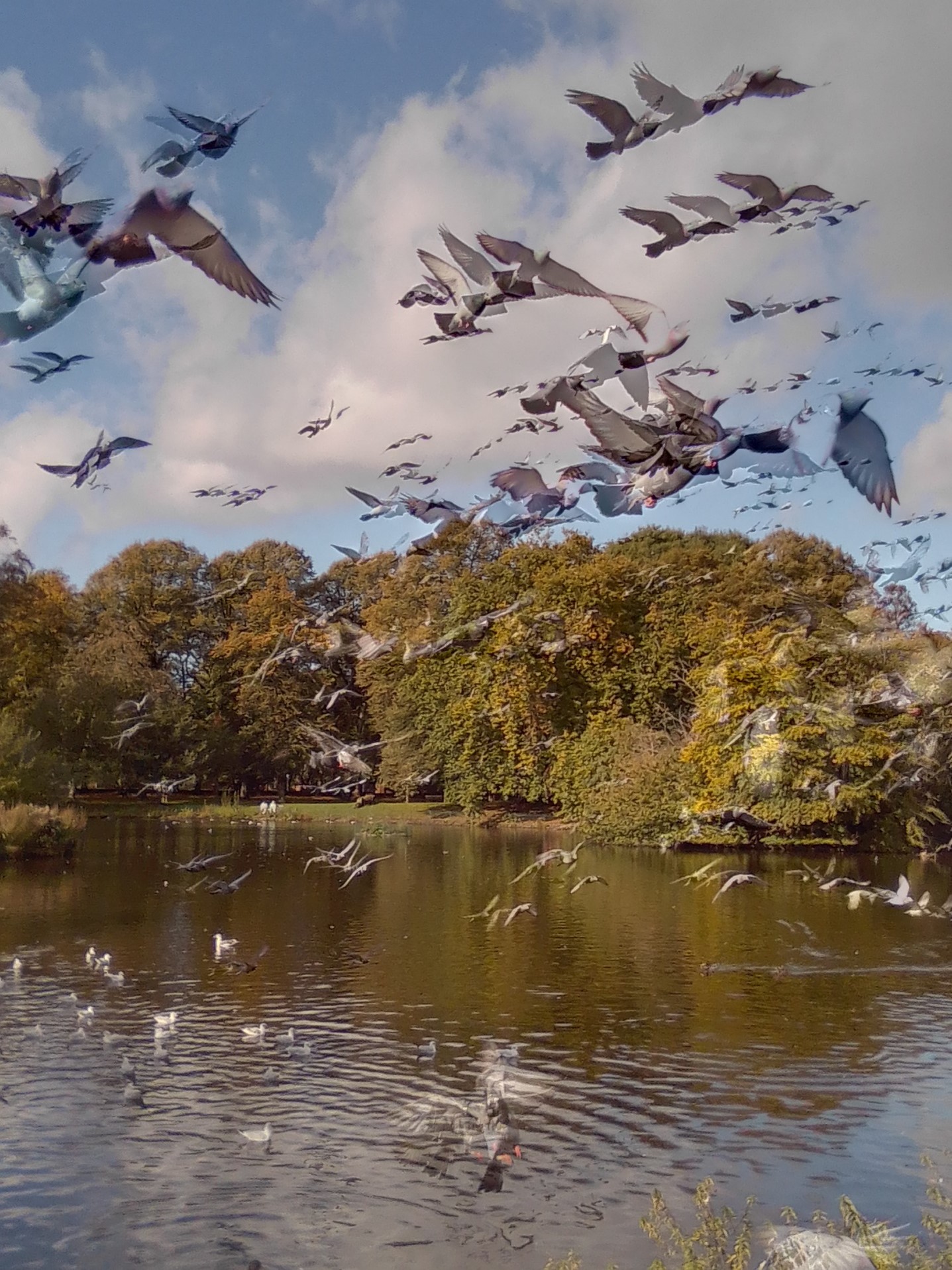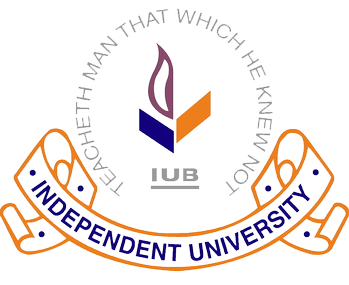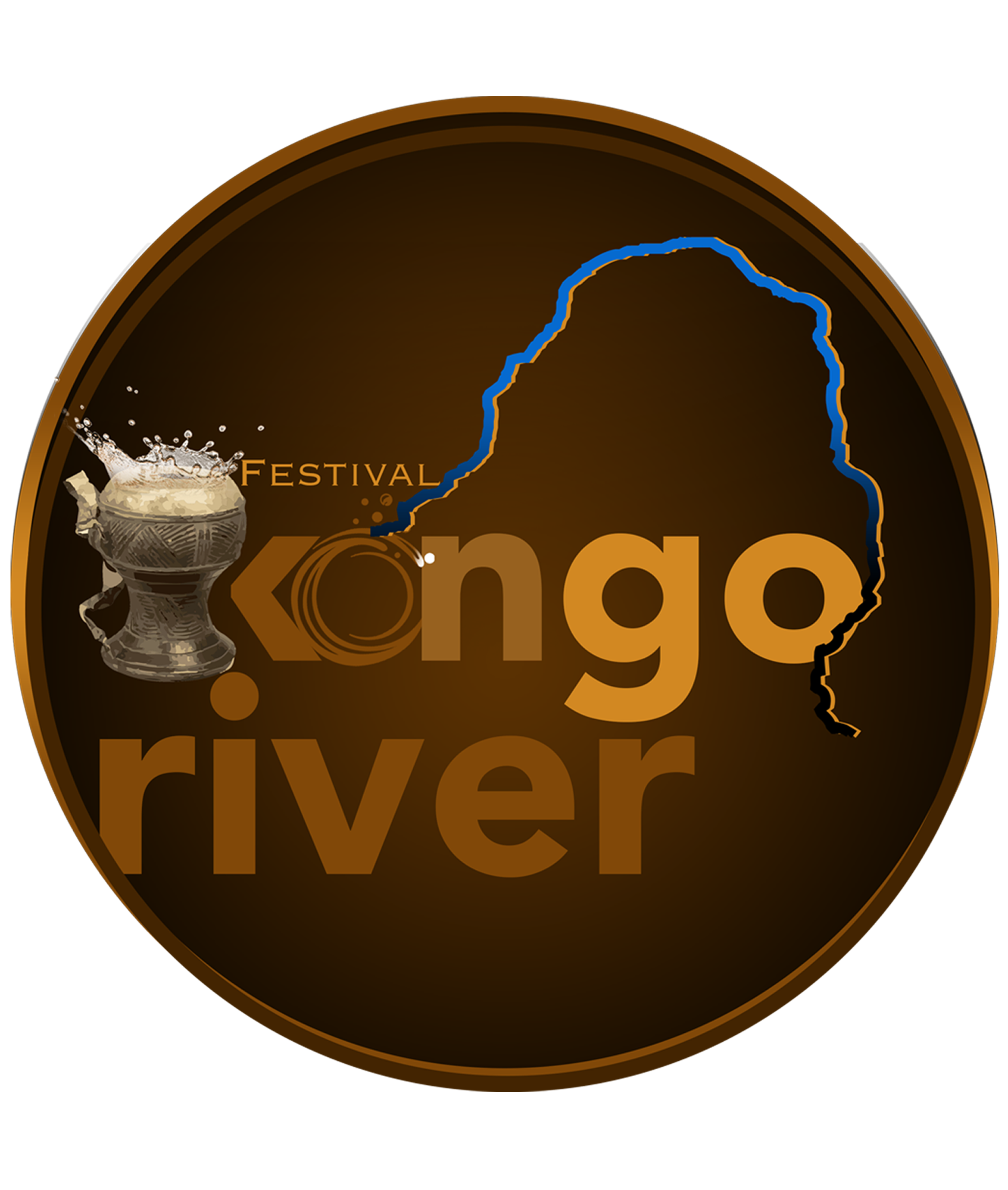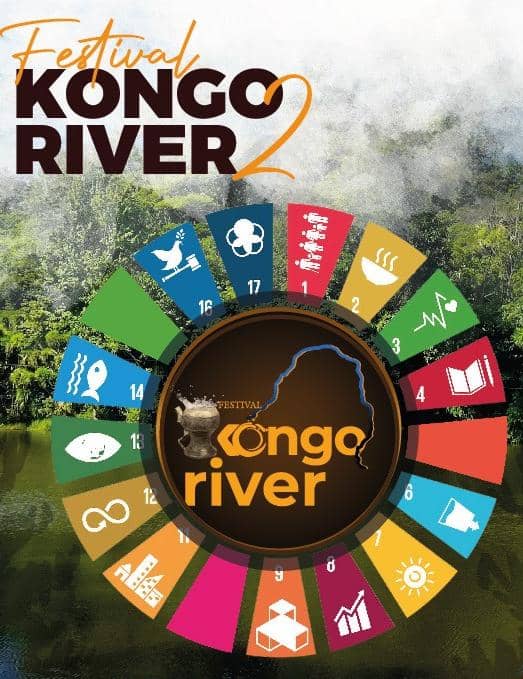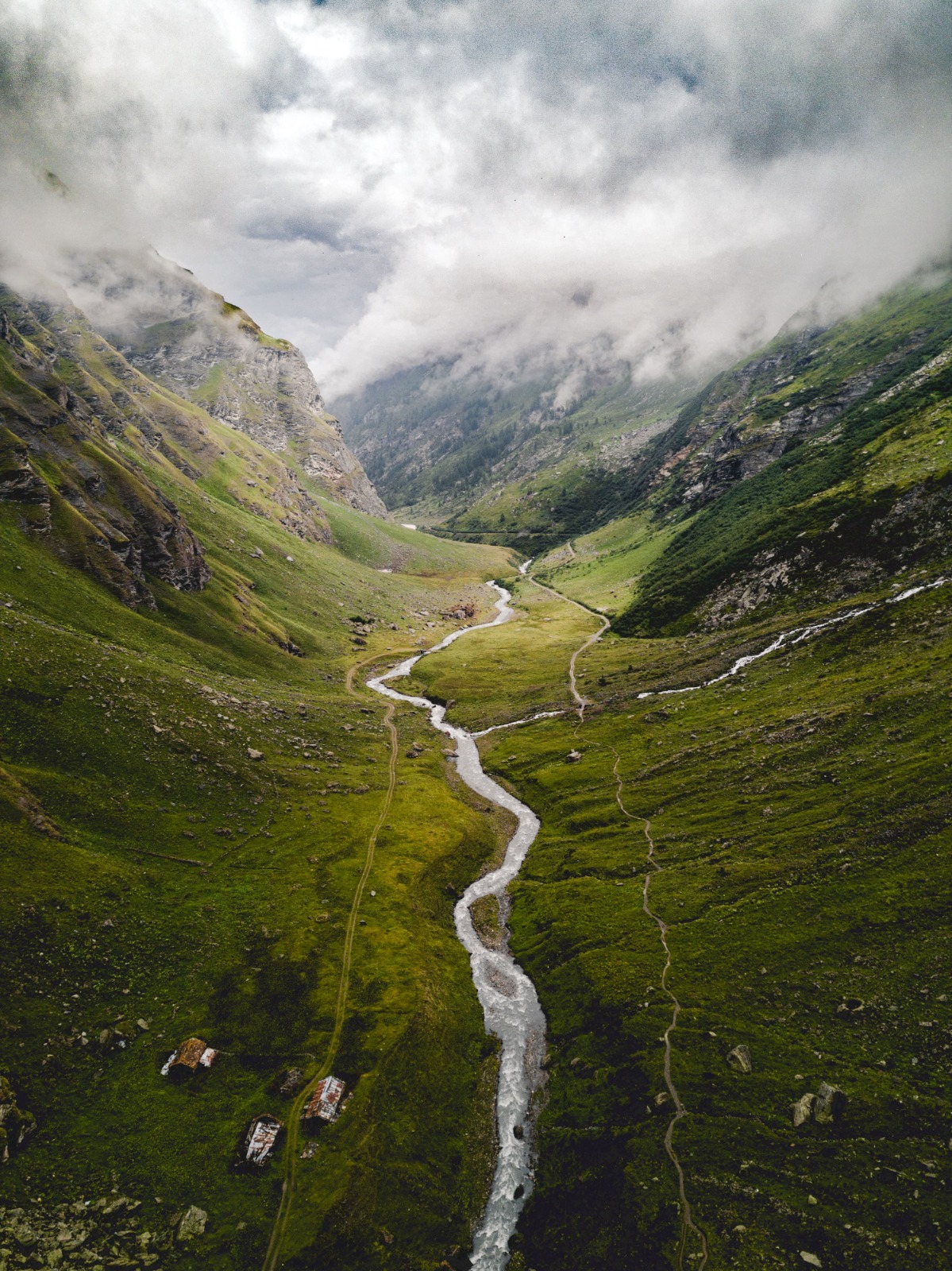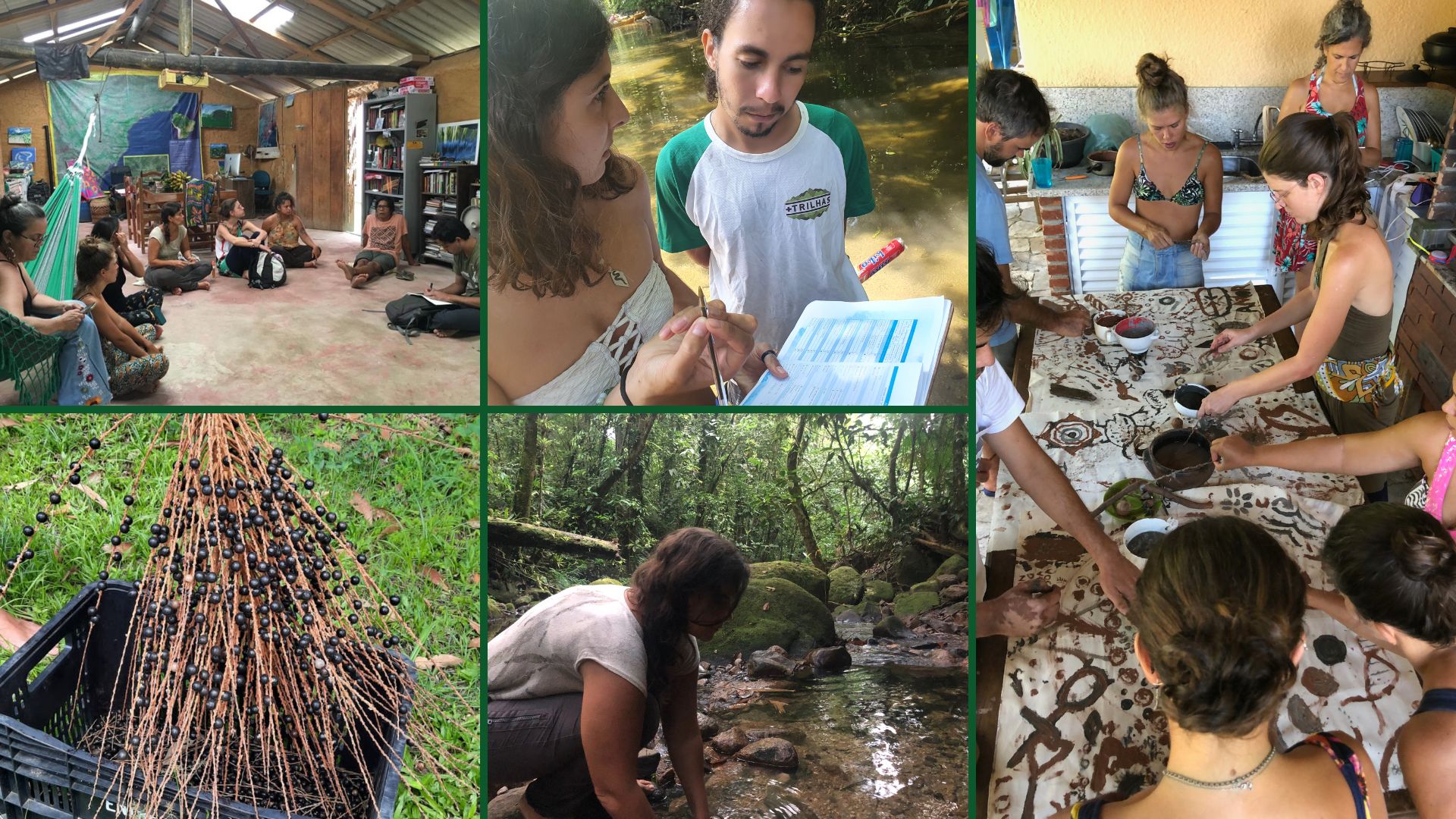Home > Full program > Rights of Nature for Peace and Sustainable Development - Annual International Conference, 2024 December 10, Geneva
Introduction
Thank you for visiting the new website of the Geneva Forum at the URL below for information and registrations. www.Geneva-Forum.com 13rd Annual International Conference on Rights of Nature for Peace and Sustainable Development - 10 December 2024, Geneva
(Other continental or worldwide interested networks, please contact us) Please forward to everybody you know active in the domain.
Below the Call for Contributions (Call for Abstracts).
For all proposal of communication for the Program, please use the form on this page.
Call for Contributions 2024:
International Annual Conference on the Rights of Nature
In the frame of the 16th GENEVA FORUM, December 9-13, 2024
Geneva, Switzerland
Thank you for visiting the new website of the Geneva Forum at the URL below for information and registrations. www.Geneva-Forum.com
The program
| Tuesday 12 December 2023 afternoon (Hosting of the community from Monday 11 December aftermoon, to Wednesday 13 december morning)
from 14:00 to 18:00 Tuesday evening, de 19:00 à 23:00 : Networking Dinner of Rights of Nature Networks |
FREE ENTRANCE UNDER SUBSCRIPTION (United Nations Access Pass) Simple Contribution to the Fees (See Form Below) |
| Presentations will be held in english and french. Debates and questions will be organized in english and french. Thank you to use the form at the bottom of the page to subscribe including only for audience. | |
| Leading Projects of Education to Science and Citizen Sciences since 1992, and creating 1st Participatory Researches Camps in 2004, the NGO Objective Sciences International have the Special Consultative Status to United Nations. Active in all continents, the NGO organize every year, since 2012, the International Annual Conference on Rights of Nature in United Nations, at which one participate all Governments actives in this domain or interested by these works. The objective of this Conference organized into the heart of the United Nations hemicycle is to allow all the actors and operators in these domains to exchange, meet and share directly and at the largest international level. | |
| Interactives Dialogues of the UN and Rights of Nature The experts who are solicited annually by the Bureau of the United Nations in charge of the initiative Harmony with Nature, exchange already at national and continental levels (Europe, North America...) following diverse groups of themes. This Conference organised in December permit to work on the results of the High Level Interactive Dialogues that was done, and to prepare the objects of thinking for the next Interactive Dialogues. The one who want to exchange and share their ideas, practices and solutions, at worldwide level, meet at the end of the year for the International Annual Conference organized in United Nations. | |
Protection of Nature / Legal personality of Nature / Living Beings / Sustainable Development
Several public or associative organizations, and citizens, that are active in the domain of Rights of Nature, federated or organized, at the international level. The main national actors, the federations, and the specific operators, organized presently at the international level, and are called to meet annually at the end of the civil year, at the International Annual Conference on Rights of Nature, at Geneva.
This annual space of sharing results and pooling of skills, allow to the actors of the domain to exchange practices, solutions, ideas, needs.
Your Annual Exchanges Resource
In the following of the national and continental meetings that are organized in each country and continent by the local federation, this International Annual Conference at Geneva allow the actors to implement in consultation, or to inform mutually, of progress and actions they lead during the year, or that they have in project.
The participants at this Conference are:
- Local and regional actors of different countries
- Thematic Actors by disciplines
- Regional or national federations
- Thematic Federations, by disciplines
- Large Institutions of Rights of Nature
- Associations of Defense and Protection of Nature
- Government departments (Environment, Education, Research, Sustainable Development...) and international associations of Ministries
- Specialized Journalists (law, science, environment, education, sustainable development ...)
- UN agencies (UNDP, UNEP ...)
Subjects that are in the agenda of this conference are the axis topics the United Nations Bureau for Harmony with Nature :
- Earth-centered Law
- Ecological Economics
- Education for a natural behaviour of respect of Nature
- Holistic Science and Researches
- Humanities for Rights of Nature
- Philosophy and Ethics
- The Arts, the Media, Design and Architecture
- Theology and Spirituality front of Rights of Nature
Detailed Program
Exchanges between stakeholders of the meeting will happen in dynamic pitches followed by sub-groups you can contribute, in round table between speakers and of course debates with the audience of the Assembly.
Organiser : NGO Objectif Sciences International, Geneva
Chairman:
| Mr Thomas EGLI CEO GENEVA FORUM : www.osi-genevaforum.org Know more about Thomas EGLI, Founder of Objectif Sciences International, CEO of the GENEVA FORUM |
Co-Chairpersons:
| M Colin ROBERTSON Lawyer-linguist Member of the Rights of Nature networks |
| Mrs Doris RAGETTLI Founder Rights of Mother Earth : https://www.rightsofmotherearth.com/ |
| Mrs Vanessa HASSON Lawyer Director of MAPAS (Methods to Support Environmental and Social Practices) : http://www.mapas.org.br/ |
Here the Programme of the 5 days of GENEVA FORUM of December 2023, where are described the days dedicated to the Conference on Rights of Nature for Peace and Sustainable Development Goals.
Official Opening Session - Tuesday 12 December 09:00
Session organised in partnership with Rights of Mother Earth, the Bureau Harmony With Nature of United Nations and Objectif Sciences International.
- Keynotes
- Remarks on current situation
- Remarks from the side of the Governmental Representations represented
Presentations currently proposed for 2023
Presentations done in 2022
Validated Presentations
The soil conservation by restoring soil’s nutrients ORAL PRESENTATION
Based on research on soil pollution problems solved using organic farming #03 - Experimental Research on Soil for Nutrition, presented at the FAO in the Global Symposium Soil for Nutrition, Rome in July 2022". We would like to share the concept of this project in terms of soil conservation based on the right of nature protection in the environment. Because of the currently of soil in agriculture situation around the world has been destroyed. Both natural disasters due to climate change and humans: by the agricultural chemicals and the use of pesticides that are severely harmful to humans and the environment. In particular, it has a direct effect on the destruction of nutrients in the soil, it completely destroys nutrients that are beneficial to growing crops. The soils are not only the foundation for food, fuel, fiber and medical herbs, but they are also a key in the carbon cycle, storing and filtering water, and improving resilience to floods and droughts too. The degraded soil made the cultivation is of poor quality, yield and lack of nutrients that benefit the consumer’s body. It also affects the shortage of qualified food. Therefore, there is an urgent need for long-term soil improvement and restoration to increase soil nutrients that will be a source of nutrients for humans to be sufficient to sustain their livelihoods. For this research we focus on the quality of soil nutrient improvement by used the legumes The project of soil management by using organic farming by short life cycle planting such as legumes (Green bean, soy bean and peanuts), which can freeze nitrogen gases in the air of which the roots of plants are sucked into the soil by nitrogen fertilizer fixation process into the soil. After harvest, it’s ploughed and buried them for 15-30 days to decomposed and form primary nutrients such as nitrogen, phosphorus and potassium and secondary nutrients such as calcium, magnesium, sulfur into the soil. After the physical and biochemical testing. We found the better level of primary and secondary nutrients in soil were improved in significantly in SPSS testing program by one-way ANOVA revealed that there was a statistically significant difference in defined level between at least two groups (F (2, 291), p = 0.93) from 294 samples of target groups in 50 plot sites in northern of Thailand and we retesting in the soil science-laboratory that the result of soils nutrients value was also significantly satisfactory. Therefore, this project of Soil Conservation by Restoring Soil’s Nutrients is an achieved practical project to support SDG2 - Zero hunger, to improve the soil nutrients for humans sufficient to livelihoods without the effects by the shortage of qualified food. By long-term soil improvement and restoration to increase soil nutrients and can be conservation the soil according to the concept of right of nature in environment protection in the same time. And we are committed more to supporting SDG 3-good health and well-being, we will adding the herbs medical plants which has an inhibitory effect on viruses such as finger roots and ginger, to be the treatment of experimental research next time.
Mr Pathawit CHONGSERMSIRISAKUL, SiPa Research Organization, Bangkok, www.facebook.com/people/Siripen-and-Pathawits-Research-Citing-and-References/100063519369860
Rights of nature and the legal architecture of the oceans ORAL PRESENTATION
Recent studies on ocean connectivity show that humans and the marine environment are inextricably intertwined (Rogers, 2014; Popova et al. 2019) and that the oceans deliver vital ecosystem services for maintaining living conditions on Earth. Although our existence hangs in the balance, human activities continue to severely impact the ocean’s natural systems. Marine biodiversity loss and climate change bring to the fore the legal system’s role in preserving the socio-ecological balance of the marine environment. Undoubtedly, the Law of the Sea has been fertilized by developments taking place in environmental law (e.g., ecosystem approach, area-based management tools). However, the Law of the Sea’s ethos continues to rely on the jurisdictional division of the ocean into maritime zones and the protection of the marine environment is mostly sectoral. Systemic fragmentation problems are rife in the Law of the Sea because institutions, decision-makers and legislation are developed along these sectoral lines with little connectivity. In this current ethos, States play a fundamental stewardship role , but socio-environmental concerns have been overridden by resource-grabbing practices (Ranganathan 2019). To further complicate matters, effects of environmental degradation are felt far away from its sources making it difficult to apply key principles such as the precautionary principle. This is because key factors such as the relevant State/stakeholder and data are changeable as interests and priorities change. Scholars, such as Cloutier de Repentigny (2020) suggest revisiting human geological agency’ to deconstruct current State sovereignty and jurisdiction. The Rights of Nature (RoN) approach goes to the heart of the existing system and argues for reorganizing interests and priorities. This reorganisation is necessary because environmental law principles have failed to mitigate harmful ecological practices and adapt to global ecological change. (Kotzé, 2019).
By including Nature as a subject of law with rights, conversations about the governance of the oceans can transcend sectoral and State-centred boundaries. Theoretically, this paper utilises the RoN approach as a critical lens to examine the role of law where interests are multisectoral and challenges ecologically connected will situate its analysis on shifting paradigms in ocean governance from State-centred to nature-centred. This approach follows the recognition by the UN General Assembly that a paradigm shift from a human-centric society to an Earth-centred global ecosystem; is needed to ensure a resilient planet (UN Doc. A/75/266 (2020)). From a practical perspective, the authors discuss whether RoN has been legally considered in a marine environmental setting. We pay special attention to States leading this discourse such as Ecuador whose 2008 Constitution recognizes Nature as a subject of rights. Arguably, Ecuador’s constitutional recognition could be seen as a pathway from anthropocentric to biocentric law. Our analysis focuses on the jurisprudence developed by States on this issue such as the Ecuadorian Constitutional Court’s reasonings in the 2015 Marmeza case where the Court explicitly acknowledged that aquaculture activities taking place at the Cayapas Mataje Mangrove Ecological Reserve violated the rights of nature. The papers finally reflect on the potential offered by RoN to re-imagine the law of the sea beyond inter-state rules.
REFERENCES:
![]() Cloutier de Repentigny, P. (2020) To the Anthropocene and beyond: The responsibility of law in decimating and protecting marine life’ Transnational Legal Theory 11:180-196.
Cloutier de Repentigny, P. (2020) To the Anthropocene and beyond: The responsibility of law in decimating and protecting marine life’ Transnational Legal Theory 11:180-196.
![]() Kotzé L. (2019) A Global Environmental Constitution for the Anthropocene?’ Transnational Environmental Law 8: 11-33. Marmeza, Case N. 0507-12-EP, Constitutional Court of Justice of Ecuador, Judgement N. 166-15-SEP-CC, 2015
Kotzé L. (2019) A Global Environmental Constitution for the Anthropocene?’ Transnational Environmental Law 8: 11-33. Marmeza, Case N. 0507-12-EP, Constitutional Court of Justice of Ecuador, Judgement N. 166-15-SEP-CC, 2015
![]() Popova, E., et al. (2019) Ecological Connectivity between the Areas Beyond National Jurisdiction and Coastal Waters: Safeguarding Interests of Coastal Communities in Developing Countries’ Marine Policy 104: 90-102.
Popova, E., et al. (2019) Ecological Connectivity between the Areas Beyond National Jurisdiction and Coastal Waters: Safeguarding Interests of Coastal Communities in Developing Countries’ Marine Policy 104: 90-102.
![]() Ranganathan, S. (2019). "Seasteads, land-grabs and international law. Leiden Journal of International Law." Leiden Journal of International Law 32: 205-214.
Ranganathan, S. (2019). "Seasteads, land-grabs and international law. Leiden Journal of International Law." Leiden Journal of International Law 32: 205-214.
![]() Rogers A et al, The High Seas and Us - Understanding the Value of High-Seas Ecosystems (The Global Ocean Commission 2014).
Rogers A et al, The High Seas and Us - Understanding the Value of High-Seas Ecosystems (The Global Ocean Commission 2014).
![]() United Nations General Assembly Seventy-Fifth Session Agenda Item 18. Harmony with Nature. Report of the Secretary General UNGA A/75/266. https://documents-dds-ny.un.org/doc/UNDOC/GEN/N20/199/25/PDF/N2019925.pdf OpenElement
United Nations General Assembly Seventy-Fifth Session Agenda Item 18. Harmony with Nature. Report of the Secretary General UNGA A/75/266. https://documents-dds-ny.un.org/doc/UNDOC/GEN/N20/199/25/PDF/N2019925.pdf OpenElement
![]() Vidas D. (2011) The Anthropocene and the International Law of the Sea’ Philosophical transactions of the Royal Society of London 369: 909-925.
Vidas D. (2011) The Anthropocene and the International Law of the Sea’ Philosophical transactions of the Royal Society of London 369: 909-925.
Mrs Gabriela ARGUELLO, University of Gothenburg, Sweden, www.gu.se/en/school-business-economics-law/law/ocean-law-group
Travelogues and ecological awareness ORAL PRESENTATION
The Centre de Recherches sur la Littérature des Voyages (CRLV), founded at the Sorbonne in 1984 and currently hosted by Aix-Marseille University, will celebrate its 40th anniversary in 2024. It gathers about 1800 members, specialists of various literatures, historians, art historians, geographers and ethnologists, and studies travel literature in its various aspects: documentary, aesthetic and ideological. The field is thus marked out from the simple "travel book" to "literary travel", in synchronicity as well as in diachronicity. Attentive to the "spatial turn", it proposes a research program on travel narratives and the awakening of ecological consciousness, where historical rigor and critical spirit take precedence over the ideological dimension.
Studying the major trends in the writing of the oecumene, the graphy of the earth (or geo-graphy, including the earth at the heart of the "li-terra-ture"), the narrative habitat, through which travelers perceive reality, which are re-examined throughout the pre-modern period, modern and contemporary periods, allows for the exhumation and/or invention of types of narratives that can temper the tendency towards emancipation and abstraction that characterizes the lifestyles and behaviors of our modernity. The CRLV’s project proposes a major research project around these viatical narratives of the Anthropocene. The objective is to reinscribe "Homo viator" in the world and to renew its destiny through a rich palette of writings of nature - descriptions, exphrases, hypotyposes, taxonomies, intermedialities, symbols - and emotions - fear of the future, empathy for the living, sadness, hope, solastalgia.
Mrs Sylvie REQUEMORA, Centre de Recherches sur la Littérature des Voyages (CRLV), France, https://crlv.org
What if traditional practices could conserve biodiversity in rural areas and enforce Nature’s rights? ORAL PRESENTATION
What if traditional practices could conserve biodiversity in rural areas and enforce the rights of Nature? Challenges of biodiversity conservation and violation of Nature’s rights in Congolese rural areas: Experience of the ecological corridor of the Kahuzi Bièga National Park in the Nindja Chiefdom. The Nindja Chiefdom is one of the chiefdoms in the Kabare Territory in South Kivu Province (DRC). In this chiefdom, including the ecological corridor of the park, illegal hunting has become a frequent activity and various other threats to biodiversity are increasing. The populations living in these rural areas consider that not only are their rights of access to natural resources (agricultural land, minerals, wood, etc.) violated, but even more so that the supremacy of their customs, traditions and cultures are totally flouted and will suffer unseen consequences at the present time. Man is reigning even more as a sovereign over the ecosystems in rural areas, but also still considers himself the only living thing on the planet, to the detriment of animal and plant biodiversity, to name but one. We are aware that the Rights of Nature go beyond traditional environmental law, which is limited to protecting a nature that is a tool and property of human beings for the sole purpose of fuelled growth. Unfortunately, this remains a rhetoric in rural areas and requires that traditional, indigenous and cultural knowledge be harnessed for the conservation and survival of local communities. Scientists should also move away from the idea of involving local communities and instead be integrated into these rural communities for sustainable action. Is it not possible to include traditional, indigenous and cultural knowledge as well as customary practices in biodiversity conservation for the respect of the Rights of Nature...? Do we need to rethink approaches to interventions in rural areas? Climate change and the loss of biodiversity is up to us all...
Mr Gervais MUDERHWA NSHOMBO, MKAAJI MPYA asbl, République Démocratique du Congo, https://mkaajimpya.org
PROTECTING THE RIGHTS OF NATURE ORAL PRESENTATION
It is instilled in the constitution of Ghana, the state owner of natural resources including minerals underground and it provides the license for companies to mine. For over a decade, there is being a failure to curb illegal mining which has destroyed lives, land forest reserves, and residential settlements and caused the death of residents in these mining communities. Many Communities, Livelihood, and Environments has being destroyed by these illegal activities. During the illegal mining, they dig deep holes in the earth using explosives and excavators, destroy forest reserves and wash the gold dust with mercury in nearby water bodies. These water bodies are polluted and this serves as the only drinking water in these communities. Hundreds of lives has being lost to mercury poisoning An intergovernmental solution is needed to curb this destruction of nature. The political will of the government, the influence of traditional and religious leaders, and law enforcers are needed to build a consensus on protecting the rights of nature. In 2020, during the pandemic and all attention was on Covid, my NGO called Social Gospel Movement embarked on a campaign to draw awareness to acknowledge our dependence on nature and the importance of living in harmony with nature.
At Social Gospel Ministry (SGM), we recognize species and ecosystems not as a resource for human depletion to humans but as allies in our ecosystem In 2020 February, SGM pushed for legislation for the Ghanaian Government to enact rights for the river bodies in Ghana, which have been destroyed by operators of illegal mining popularly known as GALEMSEY. These illegal miners use chemicals that are poisonous to water bodies, which serve as drinking water for some local communities. There have been serious implications for these activities. Subsequently, communities like Amenfi-East, Tarkwa Nsuaem, and Prestea Huni-Valley District have established bills of rights that establish the right to local self-government, the right to a healthy environment, the right to clean water, and protection for the local environment. This proves that nature is a property.SGM has been educating the other school of thought who don’t believe in the Rights of Nature Approach and over the years and we have been vindicated, as water bodies have been cleared since the termination of illegal mining and water-related diseases like cholera, malaria and its prevalence has been drastically reduced.
Mr Emmanuel Nyarko APPIAH, zetex incorporated, United Republic of Tanzania
Bringing The Sacred Back Into Nature: A Proposal To Re-Evaluate Our Relationship With The Environment ORAL PRESENTATION
In many indigenous cultures both past and current, there is a belief that the environment and nature is installed with a spirituality. This same, or similar belief, was also found in other ancient cultures and traditions which gave trees, and bodies of water, such as wells and springs, a sacredness and recognised that the environment had an important and essential place within the world. The Rights of Nature is about recognising that humans need to adopt more eco-centric attitudes and behaviours towards the environment and to other species and to move away from the anthropocentric view that is causing environmental harms and species loss.
This presentation will add that by also looking through a more deeper lens into what has been considered the sacredness of natural objects, that this may further assist in re-evaluating the human relationship with the natural world, creating a more reciprocal interchange and also enhance both the well-being of the enviroment and of humans.
Julie Elizabeth BOYD, United Kingdom
Nature of Rights and International Law ORAL PRESENTATION
The degradation of the natural world is a common concern of humankind. Change in the earth’s climate and its adverse effects show our vulnerability to developments in distant locations and the requirement to collaborate across national boundaries – one nation’s problems are the world’s problems. Therefore, politicians and scholars, non-governmental and international institutions, as well as individual citizens have sought to protect the environment. International environmental law has been introduced in order to reduce increasing environmental degradation. However, despite this, the legal system remains imperfect. The existing structure addresses environmental harm from a ‘threshold’ perspective, legalising a level of environmental destruction. National environmental protection laws usually consider humans first and nature last, consequently not addressing the root cause and requiring an alternative solution. This paper argues that nature should not be regarded as human property or object, but its rights should be addressed.
Life is sustainable only if the environment is protected because humans and nature are interconnected. Animals, forests, humans, rivers and plants are all equally entitled to exist.Therefore, restrictions are necessary to preserve the ecosystem’s balance such as felling trees to build a home, whereas exterminating an animal species or destroying a forest negatively affects humanity.
Consequently, an ecosystem should be granted legal parenthood status allowing it to defend itself in court against environmental degradation which is the result of particular development or climate change. Countries such as Ecuador, Bolivia, New Zealand, and India, as well as several American communities have recognised rights of nature. Furthermore, the UN General Assembly considers rights of nature, indicating a suggested Universal Declaration on the Rights of Mother Earth, 2010. Moreover, the International Court of Justice acknowledges the protection of nature [e.g., Hungary v Slovakia, (1997) ICJ Rep, in a Separate Opinion, the Vice-President]. This paper addresses fundamental rights and legal foundations that fashion the rights of nature.
Md Jahid Hossain Bhuiyan, Independent University, Bangladesh, www.iub.edu.bd
LAND IN AFRICA: the need for a new approach for Sustainable Development. ORAL PRESENTATION
In Africa, it is established that land is a ’common heritage’ to the community. Far from being anonymous and interchangeable, it remains sacred in its relationship with man. In general, the African man considers the land as ’a deity with vital powers that should be treated with care’. This situation constitutes a time bomb of the continent and suffers from all the criticisms and doctrinal controversies. This situation is a time bomb for the continent and is the subject of much criticism and doctrinal controversy. These critics argue that land wealth in Africa, and hence the land question, remains in the grip of unproductive and unequal community practices and uses. As a result, our development partners are constantly mobilising technical, financial, political and other means to influence the reform of African land tenure systems that are considered ’unfit’. Because of the conviction that African land can be a source of food and an economic vector for the development of the continent, provided that it is secure. However, the complexity, if not the difficulty of the land issue in Africa should not be overlooked. On this continent, the issues of governance and land ownership, and in particular that of access to land, are part of a context of male-female-youth relations, in urban and rural areas. These relationships conceal different and complex realities, with profound implications for the rights, duties and responsibilities of citizens, which undermine access to land for marginalised or discriminated groups such as women and youth. These criticisms of the hold of communal rights to land in Africa are reflected in the strong push by African states to reform their land tenure systems in recent years.
Mr TAM Jean Paul, Ministère des Affaires Foncières - Cameroun, Cameroon
The legal, ecological, economic and socio-cultural issues of the Congo River and its watershed ORAL PRESENTATION
The Kongo River Festival is a transversal and multi-resonant Citizens’ Initiative; touristic, cultural, ecological, environmental, economic and diplomatic, the Kongo River Festival advocates for a collective awareness of the issues related not only to freshwater, which is becoming more and more a vulnerable resource, but also, to the protection of one of the largest rivers in the world "the Congo River" and its watershed as well as nature, generally. The Congo Basin is at the center of all current ecological and environmental issues with the fear of global warming.
Without acute awareness, dedicated programs, permanent awareness campaigns and continuous actions, the assets of the second lung of the planet will turn into burdens and many populations will experience famine, desolation at the rate of foreseeable natural disasters. The Kongo River Festival is a bell of alarm, it sounds the awakening of consciences anchored in bad practices for a rebirth in a new eco-citizen culture. The defense of nature is profitable for nations. The cost of protecting the natural environment is much lower than the cost of restoring it.
Mr KUNDA Vincent, ONG KONGO RIVER, République Démocratique du Congo, www.festivalkongoriver.com
title ORAL PRESENTATION
At a time of bio-climatic crisis, the movement for the rights of nature seems essential in order to rethink our relationship with life. It is all the more so in the case of rivers: sources of subsistence and leisure, of fascination and fear, the health of our rivers requires a legal shift to emerge from the Anthropocene. The rights of nature movement is thus enjoying great success in France. A local experimentation campaign is led by the Wild Legal association to demonstrate the legal feasibility but also the political, social and ecological opportunity of this legal evolution.
French law contains many tools that can be used in this way and our objective is to provide legal support to several river managers who wish to implement such a recognition of rights on the scale of their territories. In collaboration with the Réseau Rivières Sauvages (hydrologists) and many voluntary field actors, this experimental project aims to be replicated throughout France to advance the debate on the recognition of the rights of nature.
Mrs Marine CALMET, Wild Legal, France, www.marivierecestmoi.fr
The Buen Vivir School - Deep in the Forest ORAL PRESENTATION
The Buen Vivir School promotes ecological education in an interdisciplinary and holistic way for young people and adults and co-creates a space for living in harmony with Nature, respecting the rights of Nature, implementing and articulating the practices already existing in the community, related to the principles of the Rights of Nature and the Buen Vivir principles. The methodology assumes teaching through art and holistic experiences, with immersion in the natural environment. The Buen Vivir School is an itinerant and replicable project, it is alive, and proposes an ecological education methodology with the articulation of a local network that is formed around the initiative. Activities are developed regarding the promotion of the ecological and solidarity economy, contemplating communities in the territory that have activities oriented to practices of Buen Vivir and in respect of the rights of Nature, such as integrative health professionals, producers and connoisseurs of medicinal plants and other agro-forestry, permaculture and local traditional knowledge. The project receives visitors in four types of programmes: Seeding, for primary and secondary school students; Germinating, for university students and professionals, and Rooting, for institutions and Blooming, for the general public. We seek to develop a fluid, integrative and organic management, so the duration of each programme and the number of participants are flexible aspects that can vary according to the needs of each group.
It is considered that both in the pilot project (one week long) and in the four mini-editions (1 and 2 days long) already carried out, the project has reached its objectives of a practical demonstration of the effectiveness of the rights of Nature, of the promotion of ecological spirituality. The methodology invites us to manifest the integral teaching of an ecological education that activates not only the cognitive receptors of the mind but also the sensitive ones, the heart and the energetic, subjective and subtle field of each participant and of the group. This methodology proved to be effective, as the statements and feelings of the participants report that through the immersions in Nature and the most varied artistic expressions, the notion of being Nature, the connection with the natural essence of what it is to be human, is marked in the body and in consciousness. It is possible to see that the rescue or creation of a human identity living in harmony with Nature was done through ecological and solidarity economy practices, expressed in the management of the açaí Juçara in Bertioga; the commercialization of objects and services linked to the arts such as ceramics, creative writing and sound therapy workshops; as well as the making of meals from PANCs (non-conventional food plants) and natural cosmetics.
Mrs. HASSON DE OLIVEIRA Vanessa and MORAES GONCALVES Luisa, MAPAS, Brazil, https://mapas.org.br/escola-do-bem-viver
A UN Declaration for Rights of Mother Earth ORAL PRESENTATION
Humans have rights
Corporations have rights
But Nature is treated as a commodity
With our global petition we are asking the UN to adopt a Universal Declaration of Rights of Mother Earth to complement the Human Rights Declaration.
We are part of Mother Earth and are interrelated with the entire web of life on Earth. It is not possible to honor only the rights of humans without honoring the rights of all species and Mother Earth, without causing a misbalance in the ecosystem.
Please sign and share the global petition for a UN Declaration of Rights of Mother Earth at: https://www.thepetitionsite.com/826/567/703/
Rights of Nature in a nutshell: Under current law, Nature is treated as a commodity and has no legal rights. This loophole in the law contributes greatly to the exploitation and destruction of Mother Earth. Western laws in a way promote and legalize the destruction and harm people inflict on Nature, by considering activities such as mining and industrial pollution as legal.
Why it is more urgent than ever to respect the rights of Nature
Some crucial global boundaries have already been crossed, such as greenhouse gas emissions into the atmosphere and biodiversity loss (we have lost over 60% since 1970). We have destabilised the ecological balance. Climate change and the loss of biodiversity for example, are some of the symptoms. Learn more about the Planetary Boundaries: https://stockholmresilience.org/research/planetary-boundaries.html
Mrs Doris RAGETTLI, Rights of Mother Earth, Switzerland, www.RightsofMotehrEarth.com
For the registration form, see below.
To Propose an Abstract for Presentation
| Deadline for the presentation : Still open To submit a presentation, please use also the form bellow. |
Registration Form to the Event
- You contribute to the fees only if necessary (e.g. participation to a Networking Diner)
- To receive all information, please fill in this form as soon as possible
- Filling in this form does not give any obligation to participate. You will receive all the information by email as soon as the form will be validated. You can also consult the same information directly on your screen.
- For questions about access administration : please do not wait to ask for information via this form.
Témoignages
FAQ
What kind of actor can participate in the conference ?
The GENEVA FORUM is an annual meeting of the community concerned with rights of nature. The different national, regional and international actors from different countries and from the different disciplines associated with this theme will be here to share their practices, experiences and knowledges.
To meet this multitude of stakeholders, such as :
- associations,
- government departments,
- national and international organizations,
- journalists,
- …
will allow you to strengthen your current and future projects.
How to register to the GENEVA FORUM ?
To register, you need to :
1) Check the relevant pages of the conference to get the appropriate information
2) Fill out the pre-registration form by clicking on this link :http://www.osi-genevaforum.org/Registration.html
3) Please ensure that you have received the necessary instructions (check the spam folder) for your registration
4) If you are going to give a presentation, fill out the second registration and confirmation form.
Ask a question








